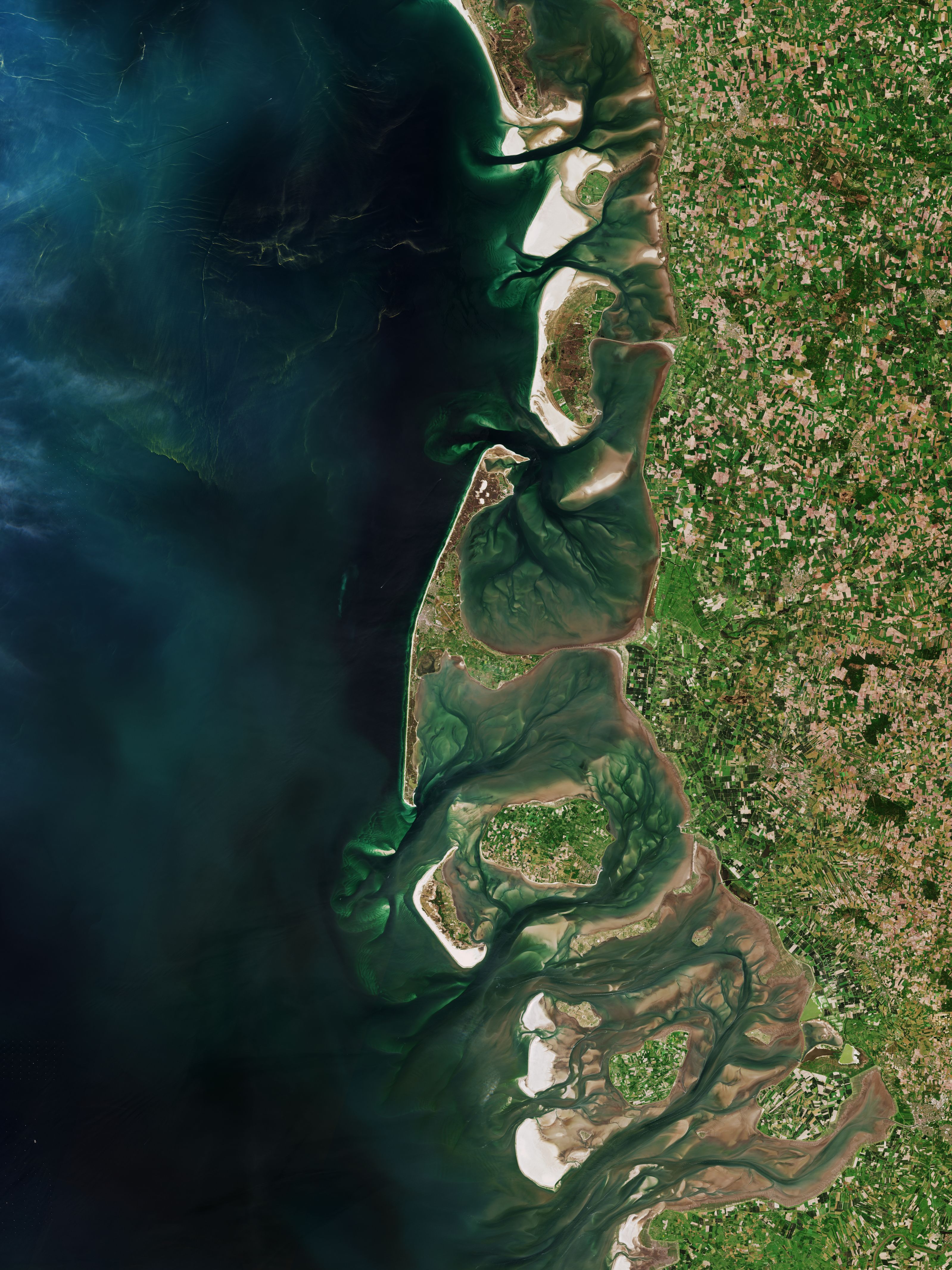The Institute for Contemporary Critical Thought is pleased to invite you to join us for a serial experiment with and around Tanzil Shafique‘s ongoing writing project, A Thousand WetLands: Southern Thinking against the Gods of Coloniality. From mid-October 2025, we will be publishing segments of this exciting new work monthly, in Interrogations.
The first meeting is on November 4th at 3pm GMT. We will meet online to discuss it with Tanzil and elaborate joint explorations of the questions it raises. Please make sure to sign up to our mailing list to receive the invitation future meetings!
Below, the first instalment.
Rivulet 1 / Let us be wet…
Prologue
“And We created from water
every living thing,”
The messenger told me.
In search of that life,
In search of that wetness,
I live in a whale’s interior.
I can only dream of water, although it is all around me,
separated by the body of the whale.
I am parched inside,
My brother Frantz knew me well,
He wrote long ago that
“The muscles of the colonised are always tensed,”
The quest for a wetlandic thought is nothing more
Than a quest for a rupture, a refusal, a quiet rebellion
Against the gods of coloniality.
This series starts with a refusal, the refusal of being defined before being born, fixed into categories and locked into terms that we know nothing about, and yet, we are meant to play along.
Wet-lands here are not simply ecological zones in need of preservation, waiting for rescue, or waiting to be devoured. Wet-lands here are our teacher. They are epistemic terrains that undo the binary of water and land, and through this modality, they open up a method of inhabiting, thinking, and becoming that starts with heterogeneity, entanglement and instability. Beyond mapping and managing, what if wet-lands are a conceptual invitation?
Wet-landic thought rejects the solid certainties of “land” as well as the neat separateness of water, dwelling instead in the saturated, shifting, in-between, the hyphen condition. Not stable, not this nor that. It is the osmotic potentiality, the fact that the dead could be alive and the alive could be dead, the dry and the wet are radically interchangeable, and yet are not — that is the true operational condition of the wet-lands. Here, boundaries blur and leak, and this is not a problem we need to solve. Thank you very much, Mr Coloniser. We are okay with wetness.
The title gives it away, doesn’t it? The work to flow in this series draws inspiration from Deleuze and Guattari’s radical project of thinking through multiplicity, but pushes it beyond its Northern and Eurocentric lineage, making it dirty with a southern wetness. It pushes it beyond the so-called relational turn, moves beyond rhizomes, and beyond all things being connected to each other. That turn has exhausted itself. Where to turn to next?
The legitimate question one could ask is, what if alternative geographies gave birth to the so-called avant-garde thought of modernity, and that too much, much long before? The thoughts here are rooted in the deltaic, mangrove, and monsoonal ecologies of the Southern latitudes, different worlds from which words follow in a vernacular that uses English words, but only as a Trojan horse. The idea is to leave a sticky sensibility that lingers on, that forces you to see through the stupor of the emptiness of dry land. Hence, wet-lands here are not just ecosystems but grammars that convey senses of porosity, of entanglement, of refusal to be reduced to one thing. They are conceptual infrastructures to think what cannot be thought, yet: archives of memory, repositories of collective life and laboratories for cohabiting with instability.
Wetlandic thought is also the politics of dirty research, a research that embraces the messiness of being implicated in the worlds we delve into with the same messiness they offer us, resisting being lured by an epistemic upper hand that was always a convenient lie. It is a process of thought that takes leakage as inevitable, leakage and seepage between disciplines, between worlds and words, between theory and practice, making porosity an ethical stance. It resists a formative knowledge of a view from nowhere. How can we re-learn how to speak from somewhere?
That somewhere for us, for we are bound in our bodies, in our geographic genealogy, in our colour of skin, in a southernness that has persisted long after leaving the wet-lands from which we speak. Worlds seeped in, resisted being overtaken, for us to write from the ground up, and that ground, as we have felt in our feet, is wet, or at least has the potential to be wet. The water, the mud, the rain, the overflowing banks, the monsoon, the tide, the meander, for thousands of years, have taught us to be wet in our thoughts. Let us be wet, let us be wet.
The series will unfold not as chapters of an overarching frame but fragments, each tracking across a conceptual site. Together they form a delta of ideas, or sow hope, non-linear, interlinked, and navigable in multiple directions. The form mirrors the content: you should suspend logic, drift, backtrack, and meander, as in a wetland, with no single channel offering the “main” route. If you stick around long enough, you may reach the ocean.
“Silence is an ocean and speech, a river.”, noted Rumi, “when the ocean is searching for you, don’t walk into the river. Listen to the ocean.”
One day, perhaps I will have nothing more to tell you.
But for now, from the slow, sedimented timescales of estuaries to the quick improvisations of floodplain dwellers, A Thousand Wet-lands asks: how can we think, design, and live with the fluid, leaky, alive grounds beneath our feet? It is an ode to the South as a generator of theory, and to the wet, muddy, unfinished worlds where futures are already being made–unseen, uncanny, untold.
Wetness is indivisible.
We are tired of the rationality of “progress”, to act as agents in need of “development”, to be stabilised into algorithmic cores of identifiable and operationalisable parameters, and hence, we refuse plateaus that pretend separation is possible, but also that it is possible to be connected all at once by the present condition. Instead, it practices a structural fluidity: a conversation that moves by drift and snag, by sudden clarity and the long, sticky pause. Wetlandic thought is an invitation to be stuck, to slip free, to be held for a season and perhaps a reason and then set adrift again.
Think of the reader and the writer as co-tide riders. I address you; you answer in the margins; we displace one another, we become osmotic. This is not an author’s monologue but a shared navigation of saturated ground. The writing will sometimes flow like an estuary and sometimes come to a halt like a tidal flat; sometimes it will be arid and let you sprint; sometimes it will glue you to a single sentence until you pry yourself free. These are modes of attention and ethics—of refusal and response.
If the relational turn pushed us beyond fixed entities, wetlandic thought asks the next question: what kind of difference do differences make? Difference is no longer a polite nod to diversity as a statistical ornament. It is a field of states—closer to quantum superposition that keeps knowing a final state impossible—where identities do not sit fixed but occupy multiple potentials at once, and they collapse into one when engaged. A wetland may be mangrove and market, memory and landfill, shrine and septic system, all at once—not metaphorically, but ontologically.
Wetlandic thought is, therefore, a praxis of staying with heterogeneity. It asks you to notice not only that things are entangled but how they entangle, what they permit, what they occlude, and what kinds of care they require or don't. There are many ways of being porous, moral porosity, legal porosity, and bodily porosity, and each performs a different politics. We must keep asking: who benefits from leakage, who is harmed by it, and when does porosity become a mode of extraction rather than of flourishing?
For it is an alternative flourishing that we aim for: we, the stifled; we, the ones with anguish of being colonised in our thoughts by regimes of operations that appear as virtues, making us bow to gods. We wish to experiment with thinking by way of making three interlocking moves without pretending they are separable.
Method becomes muddiness: research is implicated, messy, situated, accountable; there is no view from nowhere, and methods are disclosed as an everydayness that defeats any epistemic practice for the sake of knowing. Such methods are makeshift tools, handshakes with local knowledges, abrupt exchanges, recalls from a memory long gone, rather than protocols.
Form becomes flux: the thousand wet-lands arrive as interconnected fragments, in many different forms that flow in between, with droplets of aphorisms, songs, histories, field notes, sketches, short dialogues, interventions, archival crumbs, policy nightmares, prayers, all assembled without a teleological ending.
Politics becomes practice: an ethics of cohabitation with instability that centres those who already live in these worlds: stewards, fishers, waste-walkers, informal market organisers, ritual custodians, and the fish, the reeds, and the thousands of species that live within, so that theory learns from practice, learning from those who were never seen as worthy.
A brief note on style: don’t expect too much, for all your expectations are learnings from other worlds that may or may not align. Rest assured that literary meander, the loops and the tides, the downpour, the tirade – all of these are tactics of attention, of humility, of a refusal to domesticate the wetness to the page.
An early reader of this manuscript asked me why bother with telling the reader all this beforehand, why not take a Deleuzean dip into the incomprehensibility, to place the burden on the readers. The answer lies in how rains arrive in the deltaic flood plains, the first hint of a wind, an array that brings the smell of a wetness from a distant shore, a shift in the modality of being with incoming clouds. These are not additions of events but rather modes of subtraction from a wetness, from a kindness, that brings joy to dwellers of the floodplain. Recall that the dweller reads, “from Oneness arises all. The winds are sent forth, lifting the clouds and scattering them across the vast sky. They break into soft fragments until rain begins to flow from within. When the drops find the waiting earth, life stirs once more, and all rejoice” (Q 30:48). Similarly, the reader’s heart here must be tended to, must be made moist far before the reader can see the ontological shift of a wetlandic thought.
The notion of thought here is not to think the unthought, with abstract concepts for the sake of abstracts, to lead into a rhetoric for its own presence, but rather, to rethink thoughts that come as solace. A soft drizzle for the hearts that can sense that behind the fetish of crisis that abounds our worlds, there lies a radical unknowability, the operational failure of modes of thought that has led to the rise of gods of coloniality, the fascistic nationalism globally, the malignant capitalist process in every crevice of the earth, and the individualised self as the locus of all thought. To dislodge them from within the same frame of thought that led to their production has been failing, and for that, perhaps, against all these dry certainties that have made our life most uncertain, let us learn to accept our epistemic humiliation.
Let us learn to be wet.
How to cite this article: Shafique, Tanzil (2025). "Rivulet 1 / Let us be wet… (A Thousand Wet-Lands)," Interrogations, doi: 10.5281/zenodo.17378571
----
Read the second installment: Wetness against the three gods
Read the third installment: Capitalism as Drainage, Dams and Delusions




